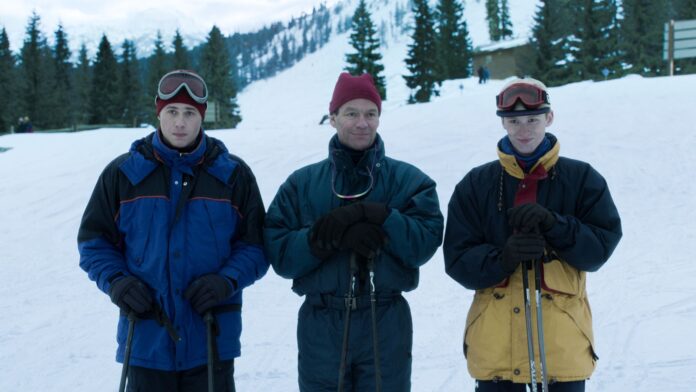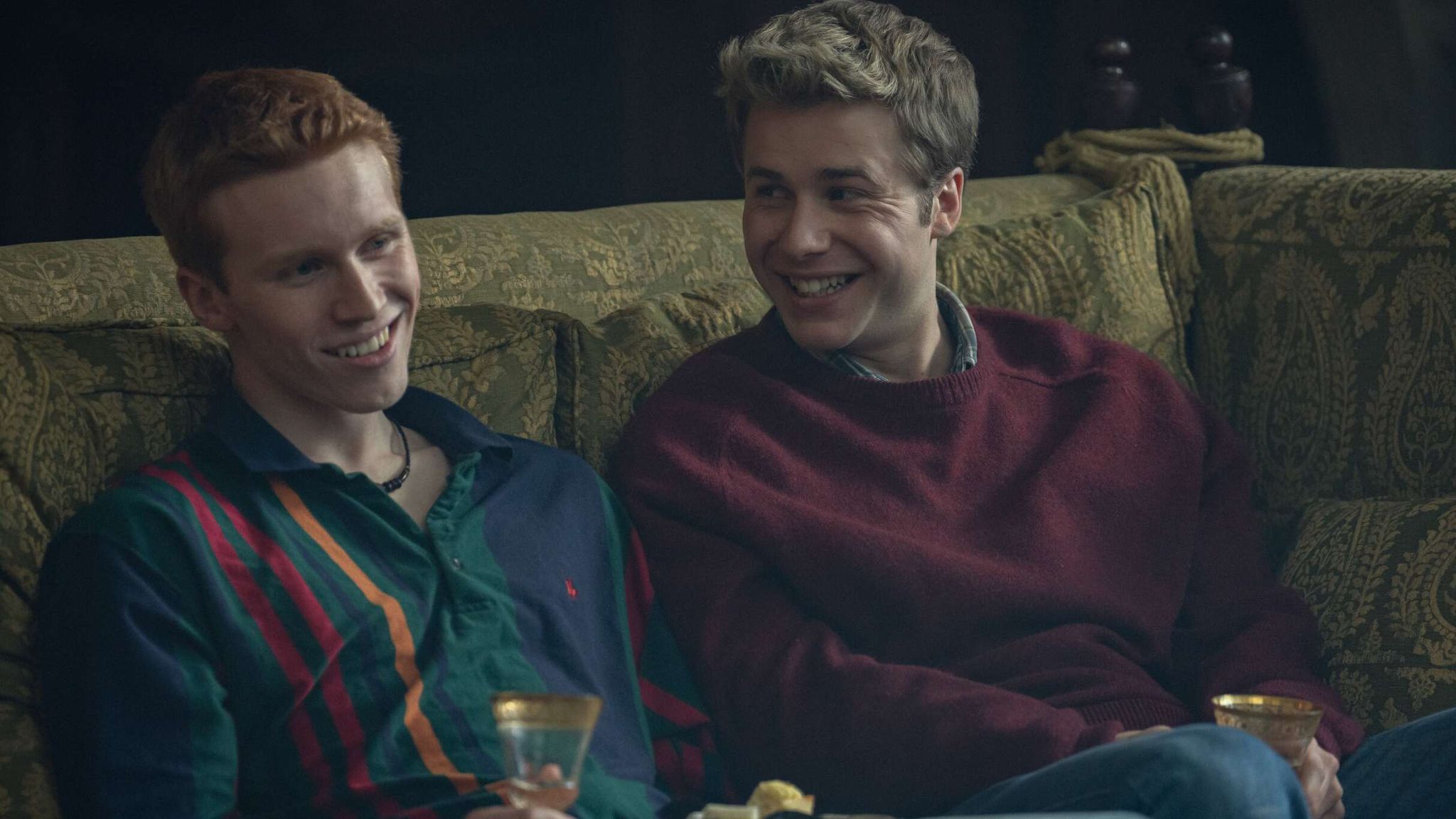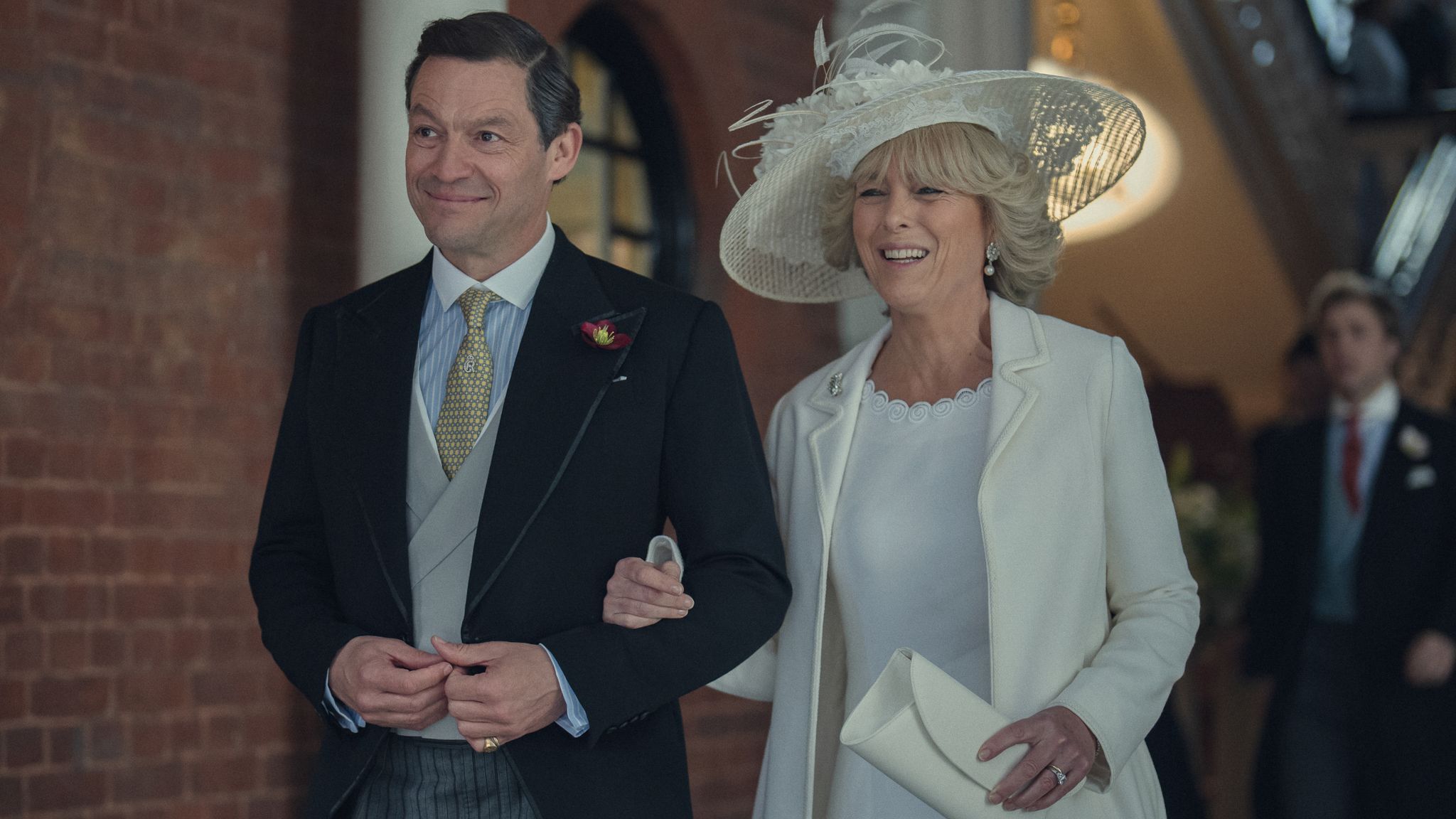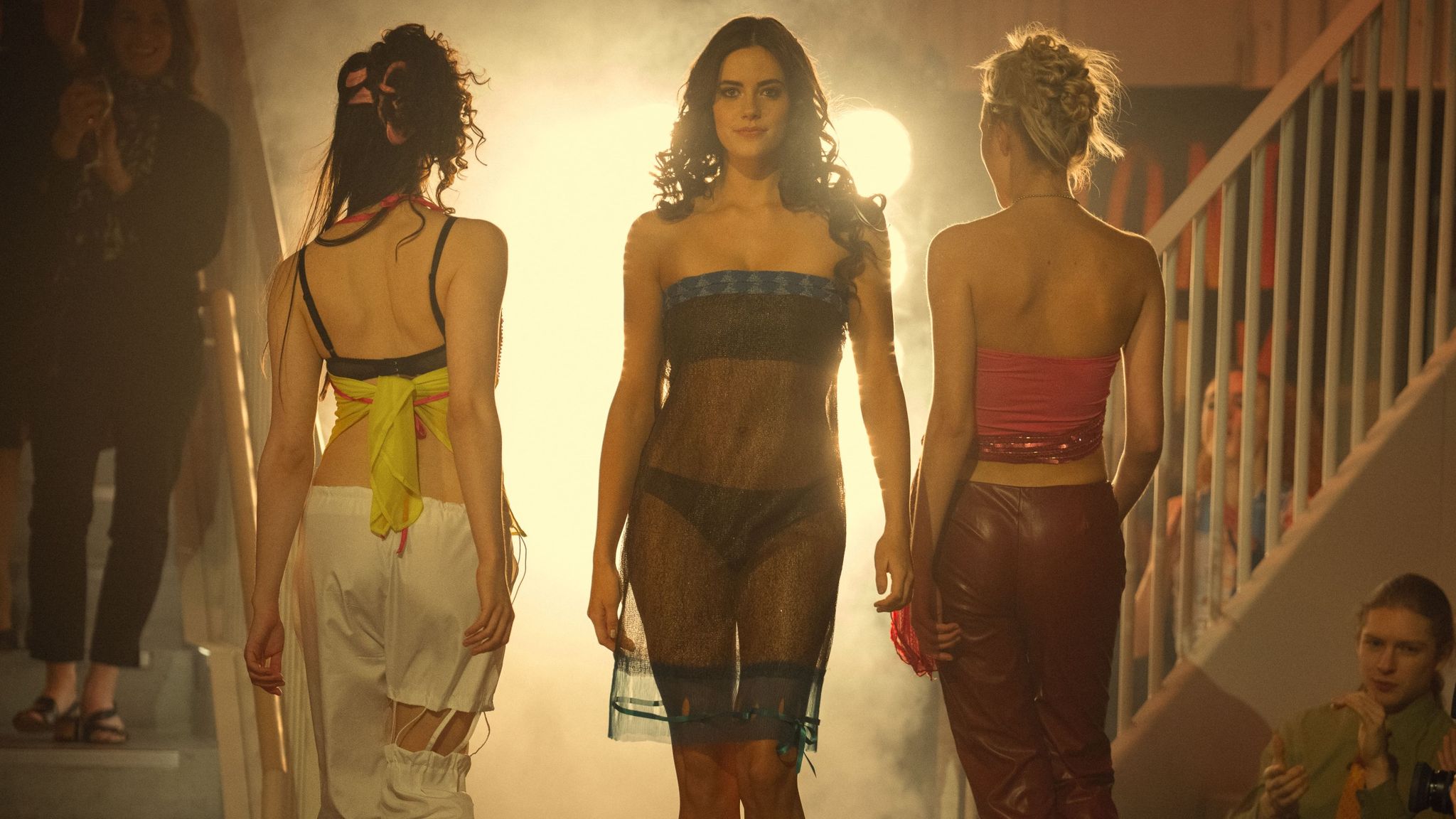Love it or hate it, Netflix has given viewers an early Christmas present this weekend.
For fans there are six more new episodes of The Crown to binge-watch, featuring all your favourite characters: Charles, Philip, Wills, Anne, Diana, Margaret, The Queen and more.
Those who denounce the series as a deplorable and inaccurate intrusion into the private lives of the British Royal Family can celebrate that this is the finale. After six series and a total of 60 episodes beginning in November 2016, it’s over.
It seemed appropriate that this cheeky exercise in lese majeste made its first appearance shortly after the Brexit referendum which overturned so many establishment norms, allegedly shared by the nation’s elite.
The seeds which germinated into The Crown were actually planted earlier in 1997, with two events which also transformed Britain’s view of itself and the world’s view of us, both of which also drive the narrative of series six: the election of Tony Blair’s New Labour government and the death of Princess Diana.
The Crown has been one of the major television events of the past decade.
The quality of its scripts, acting and production have made it superbly entertaining, while perhaps a guilty pleasure for British audiences, His or Her Majesty’s subjects.
Inevitably The Crown is remoulding how the public views the monarchy, to the fury of its critics who insist that it is made-up fiction even though it is about real people and actual events, all within the lived experience of many of its viewers.
Stephen Frears, probably Britain’s greatest living director, takes the credit or blame for kicking off the trend in reality drama.
Peter Morgan, The Crown’s creator, wrote the script for The Deal, Frears’ 2003 TV movie about the so-called Granita pact between Tony Blair and Gordon Brown over the Labour leadership.
Read more:
The Crown’s most controversial moments from the final instalment
The secrets behind multi-million pound Netflix production
Morgan and Frears then made the film, The Queen, about the aftermath of Diana’s death, with Helen Mirren winning an Oscar in the title role and Michael Sheen continuing as Blair. One of the challenges for Morgan, who initially expressed doubts about going ahead with the current series six, has been going over the same events concerning Dodi Fayed and Diana for a second time.
Morgan specialises in making drama out of the challenges faced by real people of influence including David Frost, President Nixon, Bill Clinton, Freddie Mercury and the anti-porn campaigner Lord Longford.
After The Queen, his successful stage play The Audience, was effectively a dry run for The Crown, imagining Elizabeth II’s weekly private encounters with numerous prime ministers during her long reign.
Reviewing the Crown finale, The Guardian’s critic Jack Seale identified “the overriding theme… that has underpinned Peter Morgan’s scripts all along: a life of public service, we are told, is a burden that demands great personal sacrifice, with the main loss being one’s happiness”.
This certainly colours the portrayal of the main male members of the Royal Family.
Charles, the late Duke of Edinburgh, and William are treated with more sympathy and understanding of their dilemmas than is commonplace in commentary about them.
“You do sort of fight for your guy,” Dominic West who plays Charles told Kate McCann and I on Times Radio, adding: “You give your character the benefit of the doubt”.
Sir Jonathan Pryce, who takes the role of Prince Philip, agreed: “I talked to the carriage driving people I trained with and they all absolutely loved him.”
As a viewer I found the interactions between the three men in the months after William’s loss of his mother, depicted in episode five, harrowing to watch. One of Dominic West’s sons played the role of William in the last series but, he told us: “I was glad my son wasn’t playing in this season just because of the very heavy nature.”
There has already been much comment about Morgan’s decision to bring back Diana and Dodi Fayed from the dead to speak briefly to other characters as ghosts in the early episodes of this final series.
In my opinion this was done tastefully and helped with the exposition of the narrative. Perhaps I am being indulgent because of my own small part in what The Guardian identifies as “the riskiest moment in the new episodes, a dream sequence in which the Queen imagines her reign being ended by the new king, Tony Blair”.
At the coronation, choristers sing an eerie a cappella version of Things Can Only Get Better.
Her Majesty’s nightmare is shown as a news bulletin item – voiced by me.
Other broadcasters are heard in the series often reporting events which really happened. My few lines in The Crown are fantasy to a purpose. I have also played versions of my broadcast persona on Spooks and in several other TV series and on screen in a touring theatrical production.
Of my old colleagues, Bob Friend played a newscaster in Mission Impossible and Jeremy Thompson reported in Volcano and Shaun Of The Dead. I also seem to remember Andrew Marr popping up outside Downing Street in an episode of Doctor Who.
In each appearance we were lending what credibility we have as real-life journalists to make a fiction seem more realistic. This is of a piece with the criticisms of The Crown for turning the real Royal Family into TV drama.
Such moonlighting is fun but worth thinking about before you commit to doing it. For me, it all depends on the quality of the show. I admire The Crown and Peter Morgan’s work for its insight into issues of the day.
The series has also had very high production values throughout. I defy anyone not to be impressed by the magnificence and the wit of the Blair coronation scenes. I’m glad I lent my voice to them.
Through the six series the royals have been played by a succession of actors, not always to the taste of some Royalists.
When Olivia Coleman took over from Claire Foy as the Queen, Baron Charles Moore of Etchingham famously took to the pages of The Spectator to complain that she had a “left-wing face”.
Click to subscribe to the Sky News Daily wherever you get your podcasts
The surviving members of the real Royal Family have stuck to protocol wisely and not commented about the way The Crown has depicted them. Their fictional avatars have been shown characters sensitively in the round and have probably increased public understanding of them.
At a preview screening of some episodes, one member of the audience leant over to Sir Jonathan Pryce commenting: “That’s the Royal Family saved for another 50 years then.”
Having played Prince Philip – “a wonderful father and grandfather, apart from Charles” – Pryce is more measured: “If we are going to have a Royal Family, I think this one with Charles and William is a good one to have.”
Source : Sky News









